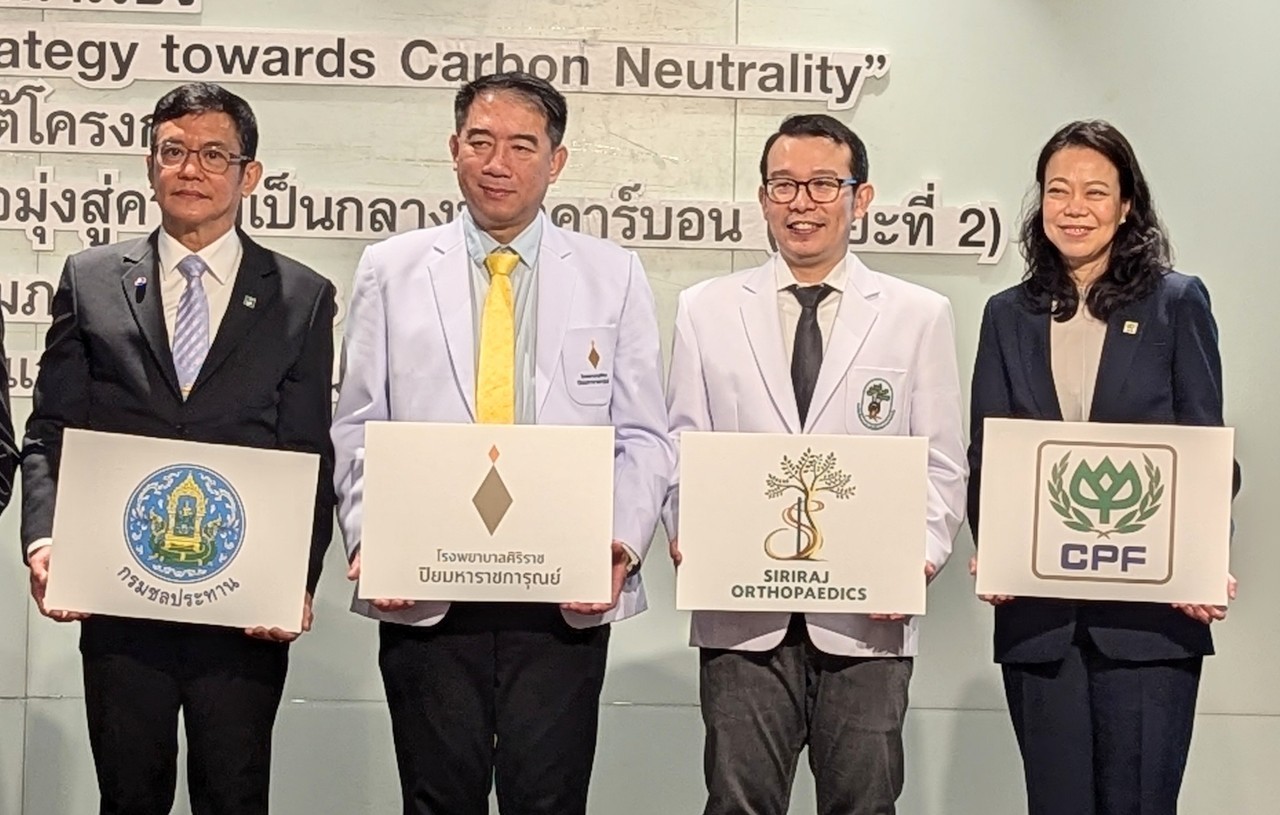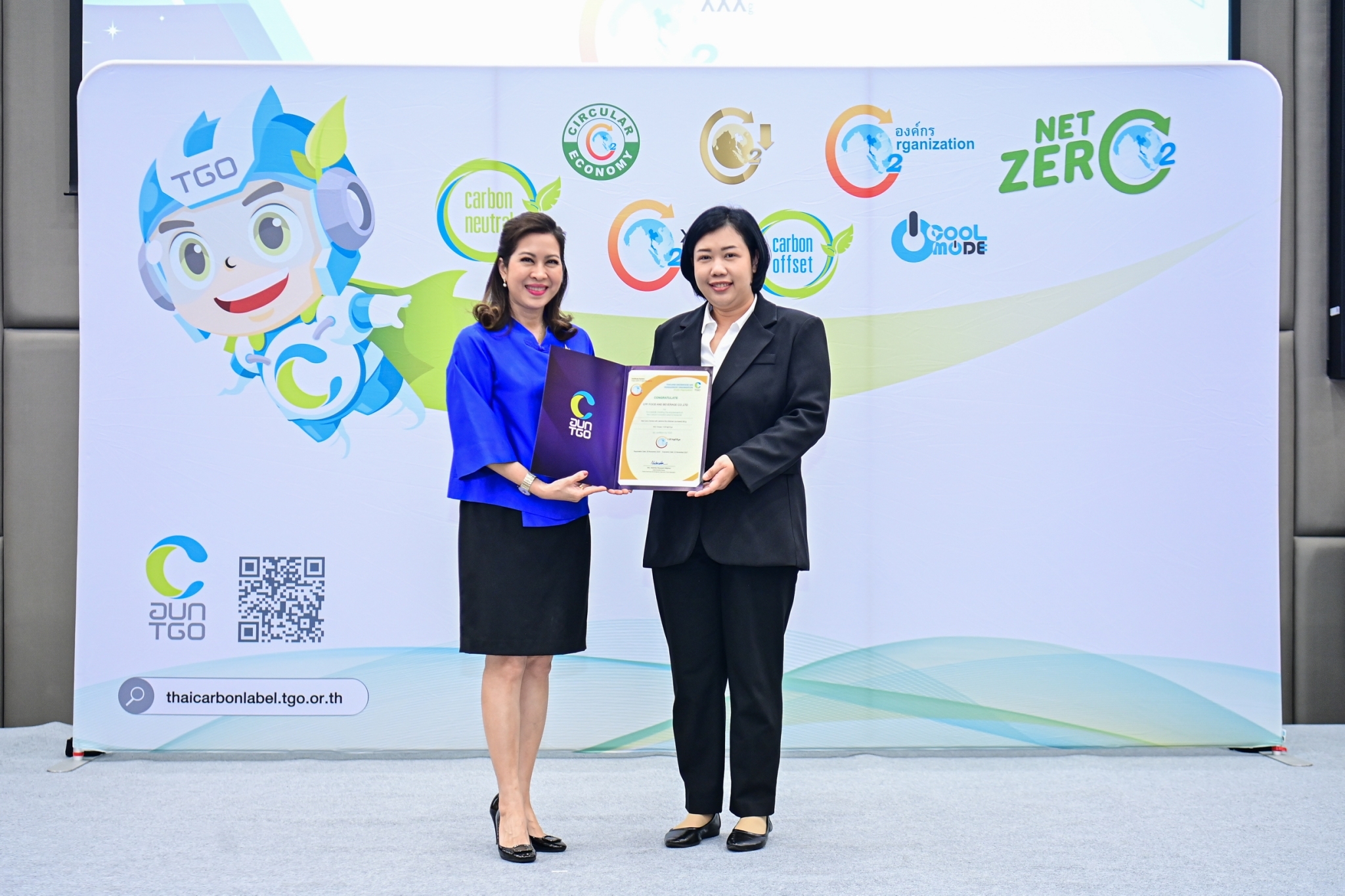

Five Star, a leading food franchise in Thailand, has become the country's first to introduce eco-friendly packaging certified by the FSC® (Forest Stewardship Council) standard. This move underscores the company's commitment to environmental consciousness and sustainability at both national and international levels.
Mr. Sunthorn Jaksukan, President of CPF Restaurant and Food Chain Co., Ltd., emphasized Five Star's dedication to delivering product quality while developing sustainable business operations. The company is actively promoting eco-friendly packaging and reducing plastic usage. The company has adopted biodegradable packaging and recently become the first Thai franchise brand to use FSC®-certified food packaging and also replaced plastic bucket lids with FSC-certified paper alternatives. Moreover, the STAR Coffee brand, under Five Star's umbrella, has adopted 100% biodegradable, environmentally friendly cups.
FSC® certification ensures that packaging materials come from responsibly managed forests, benefiting the environment, economy, and society without encroaching on forest areas. These materials are recyclable and certified food-grade safe, free from harmful residues.
"Our eco-friendly packaging strategy addresses growing consumer demand for brands that offer quality products at reasonable prices while supporting ecosystem balance and climate change mitigation. This approach bolsters consumer confidence and positions us as industry leaders in positive environmental change," Mr. Sunthorn stated.
Additionally, Five Star has also joined the "No Refry" campaign, a collaboration between Bangchak Corporation Public Company Limited (BSGF) and the Department of Health. This initiative encourages food businesses to avoid reusing cooking oil and instead sell it for sustainable aviation fuel (SAF) production.
The FSC® standard (Forest Stewardship Council) is an international standard for sustainable forest resource management ensures significantly reducing environmental impact while safeguarding natural resources. Key principles include: Protecting local community rights, conserving biodiversity, reducing harmful chemical use, preventing illegal logging, ensuring forest workers' quality of life, respecting indigenous peoples' rights to promoting transparent forest management, attempting to prevent human-caused forest fires as well as encouraging sustainable use of forest resources.

Tag:
#Supplier






